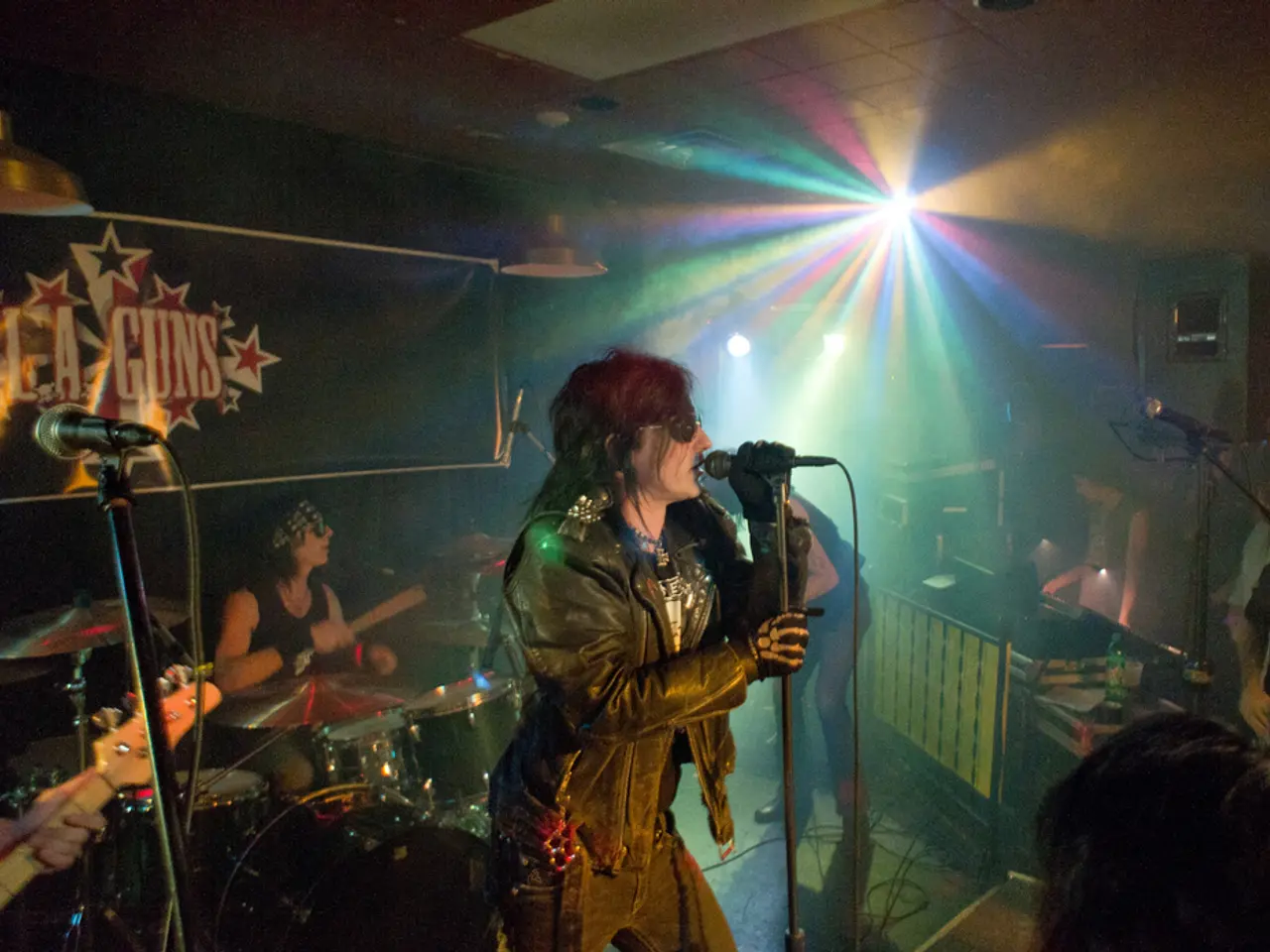Russia teeters on the edge of economic contraction, says the nation's economic minister's warning.
The Russia Economy: Treading on the Edge of a Recession
In an alarming development, the Russian economy is teetering on the brink of a recession, as pointed out by Maxim Reshetnikov, the country's Minister of Economy.
Reshetnikov, addressing the International Economic Forum in St. Petersburg, stated that the economic data suggests a noticeable cooling down. The Russian economy is grappling with persistent inflation, labor shortages, and the fallout from Western sanctions.
In his address, Reshetnikov acknowledged that the economy appears to be on the verge of a recession. However, he clarified that this was not a direct prediction, but rather a warning that the future depends entirely on their decisions.
A Close Shave: Economic "Undercooling"
Previously, Reshetnikov had expressed concerns about the sluggish performance of the Russian economy. In a speech to the State Duma, the Russian lower house, he warned about the risk of economic "undercooling". He also urged the Russian Central Bank to take the slowing inflation into consideration when setting interest rates.
On June 6, the Central Bank heeded his advice, lowering the key interest rate from 21 to 20 percent. Despite this slight reduction, inflation remains stubbornly high, around 10 percent. This skyrocketed following Russia's invasion of Ukraine in February 2022.
Weathering the Perfect Storm: Challenges Ahead
Since the commencement of the war, Russia has witnessed a significant boost in defense spending. It's projected to spend approximately 113 billion euros on defense, roughly a third of its budget, an increase from 28.3 percent in 2024.
Swedish economists foresee that Russia could deplete its liquid funds reserves as soon as this autumn. The country continues to battle the repercussions of Western sanctions targeting its oil and gas exports. Financial institutions are largely isolated from the international financial communications system, Swift.
The Russian economy is also grappling with a severe skilled labor shortage, partly due to the mobilization of the military and the emigration of young, skilled workers. By the end of 2024, Russia was reported to be short around 2.6 million workers, with the shortage being particularly pronounced in manufacturing, retail, and transportation sectors.
For more insights, read our extensive analysis on the factors contributing to the potential recession in the Russian economy.
- The Russian economy's struggle with persistent inflation, labor shortages, and the fallout from Western sanctions, as mentioned by Maxim Reshetnikov, is raising concerns about a possible recession that could be influenced by political decisions and the ongoing war-and-conflicts, such as the one in Ukraine.
- In an effort to manage the slowing inflation, the Central Bank of Russia lowered the key interest rate from 21 to 20 percent, but despite this move, inflation remains stubbornly high, mainly due to the repercussions of the war in Ukraine that started in February 2022.
- As the war continues, Russia is facing several challenges, including a severe skilled labor shortage due to military mobilization and the emigration of young, skilled workers, increased defense spending that could deplete its liquid funds reserves, and the ongoing impact of Western sanctions on its oil and gas exports, leaving Russian businesses and finance in an unfavorable position within the international financial landscape.




